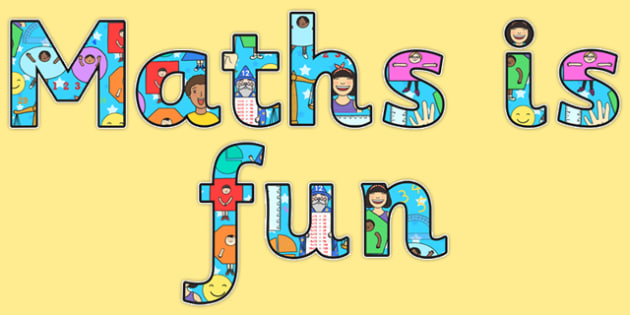Following the input about enquiry and planning with children, I decided that I would like to look further into enquiry-based learning and explore the importance for using this learning strategy.
The input started with looking at planning. We were given a whole-school topic on weather, in which we had to plan activities for each level. Dinkele (2013) states that planning is key to a successful lesson in social studies. Therefore, when planning the activities that could take place, we kept in mind the progression across each stage and what would need to be taught in early level before the children could progress into first level etc.
The experiences and outcomes that we chose to focus on were:
SOC 0-12a ‘While learning outdoors in differing weathers, I have described and recorded the weather, its effects and how it makes me feel and can relate my recordings to the seasons’
- At early level, the activities that could take place would focus on identifying weather and learning words to describe the different weather, possibly using songs to do so.
SOC 1-12a ‘By using a range of instruments, I can measure and record the weather and can discuss how weather affects my life.’
- At first level, now that children would know how to identify and describe weather, the activities could now move towards using instruments to record the weather. For example, making windmills and seeing how fast they spin in the wind and using temperature gauges in the classroom to record the temperature.
SOC 2-12a ‘By comparing my local area with a contrasting area out with Britain, I can investigate the main features of weather and climate, discussing the impact on living things.’
- At second level, the activities can begin to look out with the local area. The children could research what crops are grown in Scotland and what crops are grown in a different country (i.e. Spain) and then go on to discuss the differences and why these differences may occur.
(Scottish Government, 2009)

First, we need to look at what enquiry-based learning is. Catling and Willy (2009) describe it as encouraging children to ask questions and search for answers. It builds on the children’s prior knowledge, understanding, values, beliefs and preconceptions about the world, develops their curiosity and supports them making sense of the world for themselves (Pickford et al, 2013). Using enquiry-based learning is not about just passing information between a teacher and a learner. It is about using the knowledge children already have about the world, from experiences within and out with school, and using these experiences as a basis to build the child’s learning upon.
Enquiry-based learning is very heavily based on the work of Vygotsky and his theory that knowledge is not transmitted directly from a teacher to pupil; but rather children learning about the world actively (Roberts cited in Catling and Willy, 2009; Dinkele, 2013). Vygotsky theorised that learning and development is first meditated between a child and a more knowledgeable other (in this instance the teacher) which later moves through a process called internalisation (Dimitriadis and Kamberelis, 2016). Vygotsky furthered the theory by explaining that this is not a one-way transmission of knowledge from the teacher to the learner but is an appropriation in which information is taken in to develop new skills in different ways (Dimitriadis and Kamberelis, 2016).
Through the input and wider reading, I feel much more confident with my understanding of enquiry-based learning and certainly more confident with ability to use this learning technique when I go out on placement and when I have a class of my own.
References
Catling, S. and Willy, T. (2009). Teaching Primary Geography. Exeter: Learning Matters.
Dimitriadis, G. and Kamberelis, G. (2006). Theory for Education. New York: Routledge.
Dinkele, G. (2010) ‘Enquiries and Investigations’ in Scoffham, S. ed., Primary Geography Handbook. Sheffield: Geographical Association. pp 95 – 103.
Hoodless, P., McCreery, E., Bowen, P. and Bermingham, S. (2009). Teaching Humanities in Primary Schools. 2nd Edition. Exeter: Learning Matters.
Pickford, T., Garner, W. and Jackson, E. (2013). Primary Humanities: Learning Through Enquiry. London: Sage Publications.
Scottish Government (2009). Curriculum for Excellence: Social Studies – Experiences and Outcomes. [Online] Education Scotland. Available at: https://education.gov.scot/Documents/social-studies-eo.pdf [Accessed 16th October 2018]


